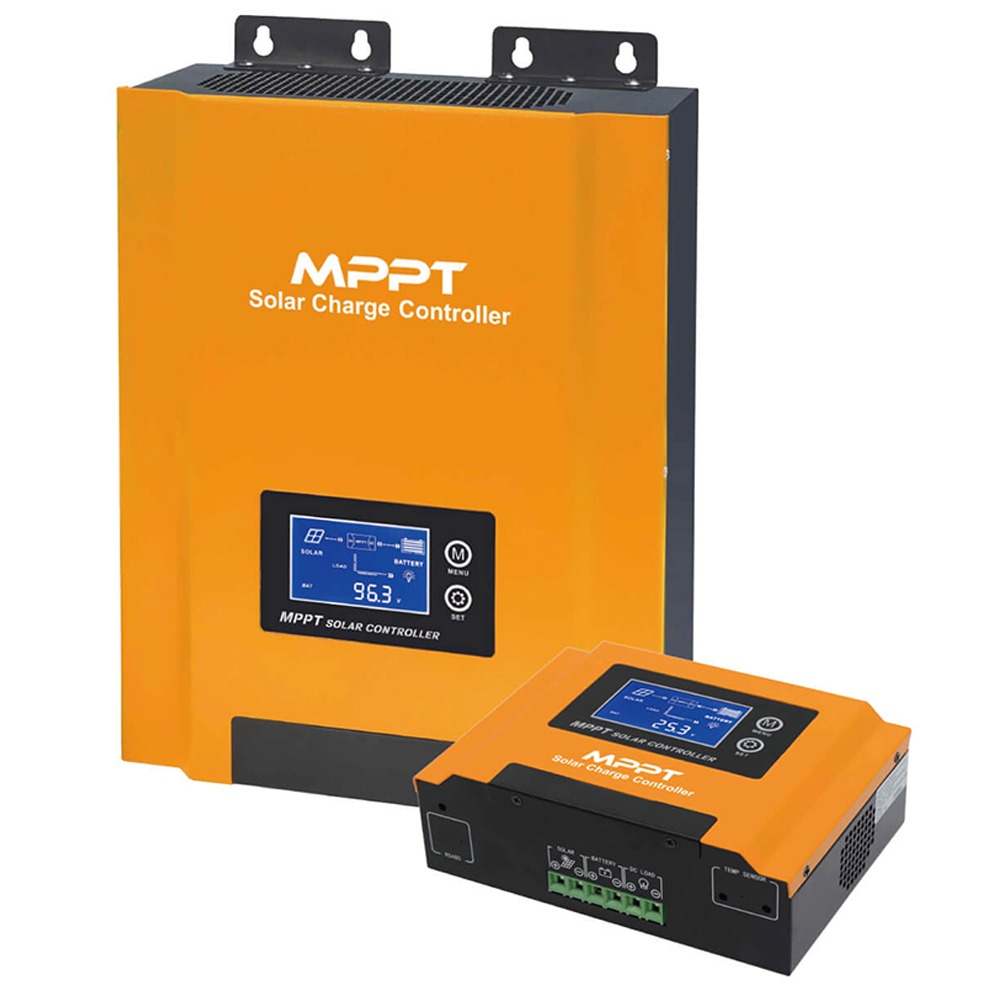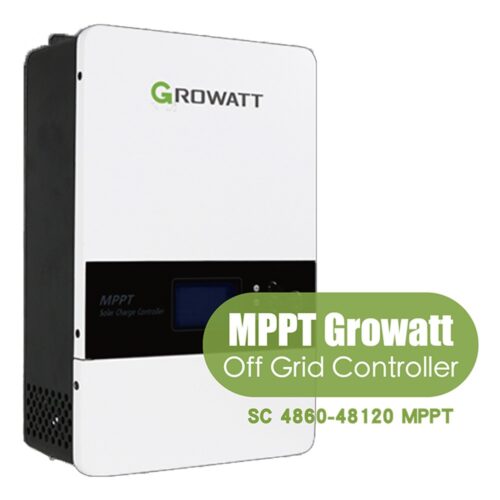| solar MPPT controller |
| European Standard |
| Warranty: 5 Years |
| Brand: Maxbo |
MPPT controller
Description


MPPT controller
The Significance of MPPT Controllers in Solar Energy Systems
Introduction:
Maximum Power Point Tracking (MPPT) controllers are critical components in solar energy systems. They play a pivotal role in optimizing energy generation from photovoltaic (PV) panels. In this article, we will delve into the reasons why MPPT controllers are indispensable in solar systems, their functions, and their importance in harnessing the full potential of solar energy.
Why MPPT Controllers Are Needed:
- Variable Solar Conditions: Solar panels operate under changing environmental conditions, including varying sunlight intensity and temperature. These fluctuations can significantly impact the output voltage and current of the panels. To extract the maximum energy, the system must adapt to these variations in real-time.
- Mismatch Between Panels and Load: Solar panels have a specific voltage and current at which they operate most efficiently (the Maximum Power Point or MPP). However, this MPP can change due to temperature and irradiance variations. The load connected to the solar panels may not always match these changing conditions, resulting in reduced energy harvest.
- Efficiency Enhancement: Without MPPT controllers, solar panels may operate at non-optimal voltage and current levels, leading to energy losses. MPPT controllers actively track the MPP and adjust the load or inverter to ensure the panels operate at their highest efficiency.
Functions of MPPT Controllers:
- Real-Time MPP Tracking: The primary function of an MPPT is to continuously track and calculate the MPP of the solar panels. It does this by analyzing the voltage and current output from the panels and making adjustments to maintain or approach the MPP.
- Voltage and Current Regulation: MPPT controllers regulate the voltage and current supplied to the load or inverter to ensure they match the optimal values for the panels at any given moment. This minimizes energy losses due to mismatch.
- Energy Conversion Optimization: In grid-tied systems, MPPT interact with inverters to optimize the conversion of DC electricity from the panels to AC electricity for use in homes or industries. This ensures maximum energy transfer to the grid.
- Temperature Compensation: Some MPPT controllers incorporate temperature sensors to account for temperature variations that affect panel performance. They adjust the operating point based on temperature to maintain efficiency.
Importance of MPPT Controllers:
- Maximized Energy Harvest: The primary importance of MPPT lies in their ability to maximize the energy harvest from solar panels. By continuously adapting to changing environmental conditions, they ensure that panels operate at their peak efficiency.
- Enhanced System Efficiency: Solar systems equipped with MPPT are more efficient and productive. This translates to higher energy yields and shorter payback periods for solar installations.
- Reduced Energy Losses: Without MPPT, energy losses due to mismatch between panels and loads or inverters can be significant. MPPT controllers minimize these losses, resulting in more cost-effective and eco-friendly energy generation.
- Adaptability to Variable Conditions: MPPT make solar systems adaptable to varying weather conditions and geographic locations. This adaptability is crucial for solar installations in regions with inconsistent sunlight or temperature fluctuations.
- System Longevity: MPPT contribute to the longevity of solar panels by ensuring they operate within their optimal parameters. This prolongs the life of the panels and enhances the return on investment for solar installations.
- Environmental Benefits: Solar systems with MPPT are environmentally friendly, as they maximize energy production from renewable sources, reducing the reliance on fossil fuels and lowering greenhouse gas emissions.
Conclusion:
In the realm of solar energy systems, MPPT serve as indispensable components that enable optimal energy capture and conversion. Their ability to track the MPP of solar panels in real-time, regulate voltage and current, and adapt to changing conditions makes them essential for maximizing energy harvest, enhancing system efficiency, and contributing to a sustainable energy future. The importance of MPPT controllers lies in their role as enablers of efficient and eco-friendly solar energy generation.


